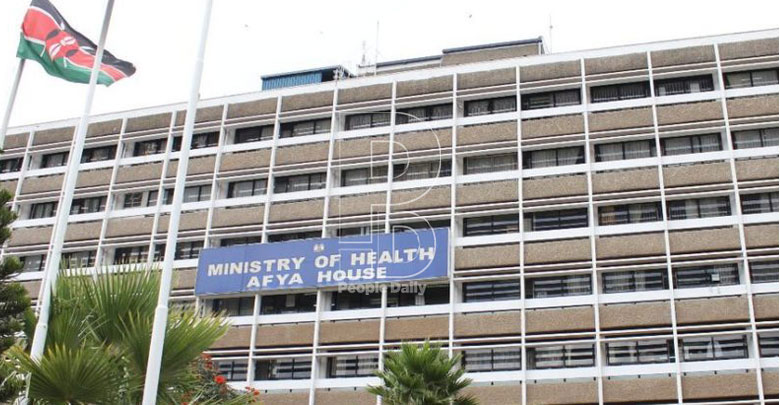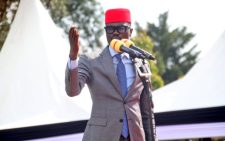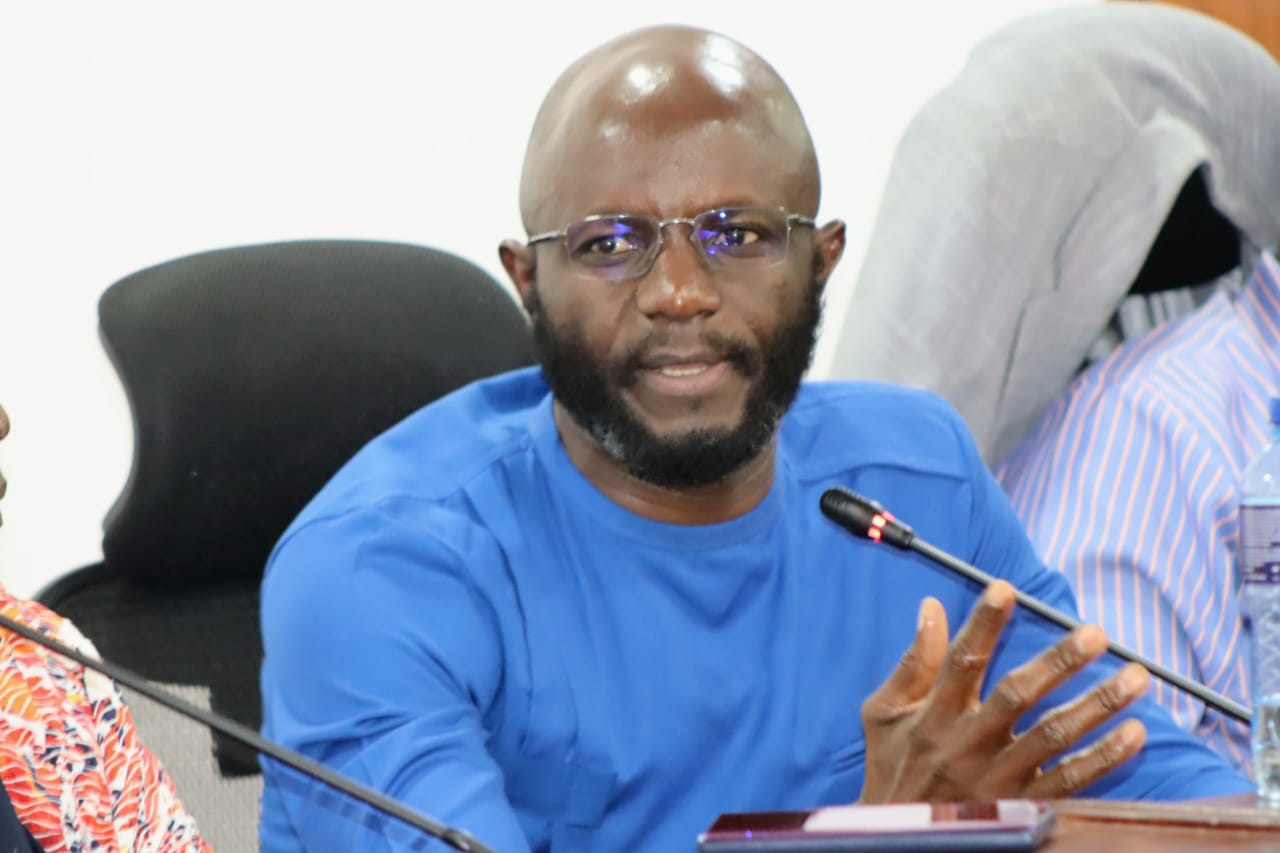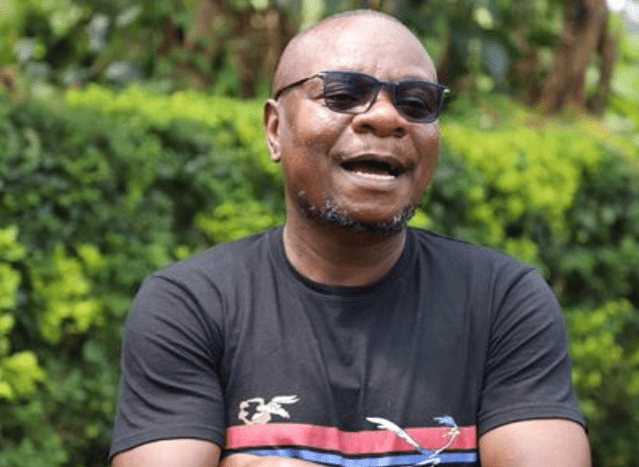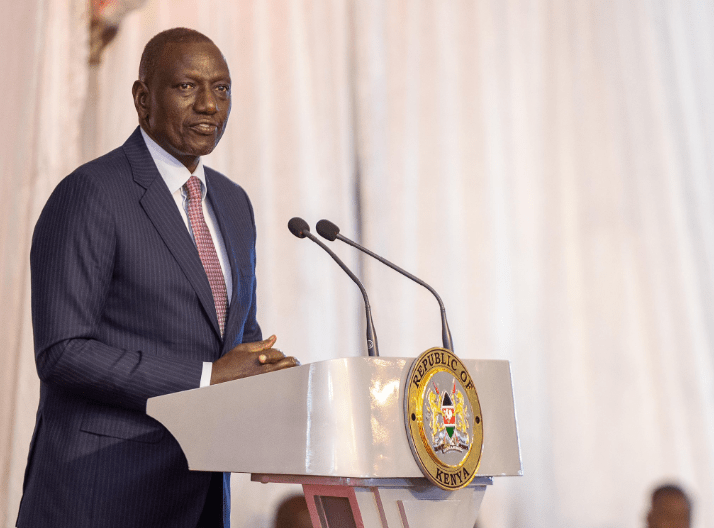Kenya Medical Supplies Agency officials hid under pandemic
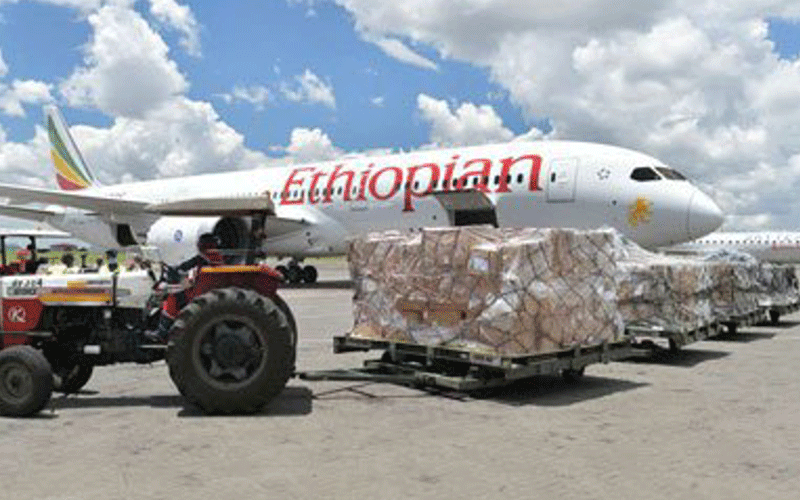
Troubled Kenya Medical Supplies Agency (Kemsa) used the Covid-19 pandemic as a perfect cover to break procurement laws and order goods worth billions of shillings from briefcase entities, an audit report by the office of the Auditor General has revealed.
The firms, not on the list of thousands of pre-qualified companies with a history at Kemsa, with no financial track record nor capacity to deliver were nonetheless handpicked by the drugs agency to supply Covid-19 medical kits.
The revelations are contained in an explosive forensic audit report presented to a Senate Joint Committee on Health and the Covid-19 Situation in Kenya on Wednesday by Auditor General Nancy Gathungu, indicting top management of Kemsa board for violating various procurement laws leading to loss of public funds.
The report notes that for instance, some of the companies that got paid in a supplies frenzy that has created several Covid-19 dollar millionaires had only existed for less than six months.
At least four firms, according to the special report, were awarded contracts worth Sh1.3 billion by Kemsa officials to deliver items that were not factored in the state agency’s 2019/20 approved budget as at June 4.
“Kemsa used Direct Procurement method to source for Covid-19 related items. It was noted that commitment letters were issued to suppliers and then the procurement process was to follow after deliveries were made,” the auditor report details.
“We established circumstances where companies that had been in existence for less than one year, were awarded contracts to supply Covid-19 items,” it adds.
Among the firms fingered by the Auditor’s probe is Nanopay Limited, registered by registrar of companies on August 14, 2019 and which supplied Kemsa with KN95 Facemask at a cost of Sh350 million.
The firm delivered its medical supplies items and was paid on August 6.
Shop ‘N’ Buy Ltd, also registered on February 14 was also contracted to deliver KN95 Facemasks and Personal Protective Equipment (PPEs) at a cost of Sh900 million.
Then there is Kilig Ltd, a new kid on the block, registered on January 22, just weeks before Africa reported its first coronavirus case. Kilig Ltd was procured to provide PPEs at Sh9 million.
The two firms, Kilig and Shop ‘N’ Buy Ltd are however yet to be paid the millions.
“These companies had been in existence for less than a year before being awarded the contracts and cannot therefore be deemed to have the necessary qualification and experience in supply of specialized medical equipment/products.,” the report notes.
“It was also established that there was no evidence that the initiation of procurement process for Covid-19 related items under Kemsa capital budget was triggered by a need assessment to establish the demand for these products,” the report further adds.
According to the Auditor, there was incriminating evidence that Kemsa initiated a procurement process without planning and budgeting, using direct procurement in disguise of urgency when indeed the products are still lying at Kemsa Warehouses for as long as six months.
“The procurements were therefore not conducted in the best interest of Kemsa and the public but could have been influenced by suppliers and Management of Kemsa,” Gathungu further says in the report.
“There is need for further investigations on all companies engaged by Kemsa to establish acts of procurement frauds and collusion,” the auditor recommends in the report.
The joint Senate committee had requested the Auditor-General vide a letter Referenced: SEN/SCH/KEMSA/CORR/ 2020/09/ (1), dated September 15, to conduct the forensic audit on the procurements undertaken by the Kemsa in response to Covid-19 Pandemic.
In particular, the Committee co-chaired by Trans Nzoia Senator Michael Mbito and Sylvia Kasanga had required the Auditor-General to conduct the audit and report to them on whether Kemsa adhered to the Public Procurement and Asset Disposal Act, 2015 (PPADA, 2015) in the procurement of medical supplies for purposes of combating the Covid-19 pandemic.
It was also to determine whether Kemsa adhered to the Public Finance Management Act, 2012 (PFMA, 2012) in the procurement of medical supplies; and whether there was value for money in the procurement of medical supplies through Kemsa, for purposes of combating the pandemic.
On the cases of overpricing items by suppliers, the auditor cited the case of M/S Gladlab Supplies Limited whose letter of intent to supply surgical face mask ear loop was at a price of Sh95 apiece as at April 8th, 2020.
This means a pack of 50 pieces of facemasks would cost Sh4,750 which the firm delivered to Kemsa warehouse on April 9.
“On the same day, 9 April 2020, a letter was received by Kemsa from the supplier stating that they would like to supply the surgical face mask ear loop at the price of 30 USD per box of 50 pieces, therefore, the price per box of 50 pieces would translate to Sh.3,183,” the auditor narrates.
However, in a letter referenced KEMSA/PROC/DP136/2019-20 of 19 May, 2020, M/s. Gladlab Supplies Limited was invited to tender for the supply of surgical mask disposable 3 ply ear-loop, Tender number KEMSA/DP136/2019-20 with a closing date of May 21.
The Evaluation Committee’s minutes of May 22 indicated that they negotiated from Sh4,750 to Sh4,500.
“The supplier was awarded to supply the masks at Sh.4,500 which is higher than the agreed price of $30 or Sh3,183 in a letter to the Accounting Officer dated 9 April hence a pricing difference of Sh1,317 per box of 50 pieces,” the audit report says.
“It was also not clear why the Accounting Officer in a letter dated May 21, from the Director of Procurement gave authority to procure using Direct Procurement method quoting an estimated cost of Sh90 per piece or Sh4,500 while there was an agreed upon price of $30 (Sh3,183).” it adds.

